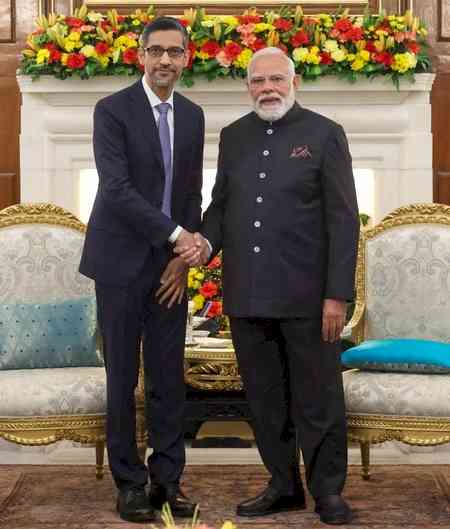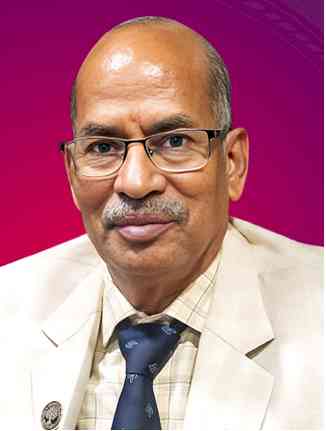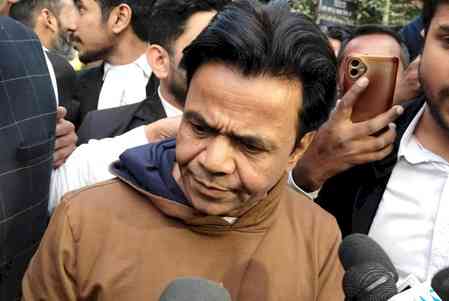Create awareness of kidney ailments on the eve of World Kidney Day
Non-communicable diseases like chronic kidney disease needs coordinated continuous care, which is often lifelong, and involving complex ongoing treatment. In the event of emergencies, this cohort of the community is among the most vulnerable in the population due to their ongoing requirements.

Vijayawada, March 8, 2023: Non-communicable diseases like chronic kidney disease needs coordinated continuous care, which is often lifelong, and involving complex ongoing treatment. In the event of emergencies, this cohort of the community is among the most vulnerable in the population due to their ongoing requirements.
In a modern world unhealthy lifestyles and adverse physical and social environmental factors like poverty, poor diets habits like intake of foods rich in fat, salt and sugar; physical inactivity, consumption of tobacco, excessive use of alcohol, and stress has increase the incidence of chronic kidney disease. Nephrologists are concerned about these vulnerable group during natural or unnatural disruptions. Kidney patients represent more than 850 million people worldwide, are particularly affected by these Emergencies, as the ability to access for proper diagnostic services, treatments and care is greatly jeopardized.
Every year Nephrologists shared their opinion on the occasion of World Kidney Day on the 9th march. It is the responsibility of physicians with the help of the government to provide awareness, support, and reassurance to those people who all are suffering from kidney disease and to take care of them.
This year's World Kidney Day theme is "Preparing for the unexpected, supporting the vulnerable! which highlights the importance of supporting patients with kidney disease to live fulfilling and productive lives. The campaign also aims to raise awareness about the importance of kidney transplantation and to encourage more people to become organ donors.
In recent years, the COVID-19 pandemic has provided a clear example of the challenges faced by health care systems in providing essential health services to patients with Non communicable diseases .Health services have struggled to provide access to the ongoing incidence of new NCD cases needing diagnoses, management, and care. Failure of services during emergencies rampened the progression of Non communicable diseases which led to increase in usage of life-saving costly treatments like dialysis and transplantation.
NCDs are too often incorrectly perceived as policies focus on management rather than prevention. It is estimated that 55% of the global NCD (cardivascular , chronic respiratory , diabetes , cancer, obesity ) burden is attributed to kidney disease indirectly .The burden of NCDs is amplified in the presence of kidney disease.
Therefore, preparation for unexpected events is incredibly important for kidney patients by implementing policies more on preventing NCDs rather than management therefore reducing NCDs burden. policies should include separate dealing of patients with NCDs and finally encouraging for organ donation said, Dr. S. Saritha, Consultant Nephrologist, Kamineni Hospitals, Vijayawada.



 City Air News
City Air News 










